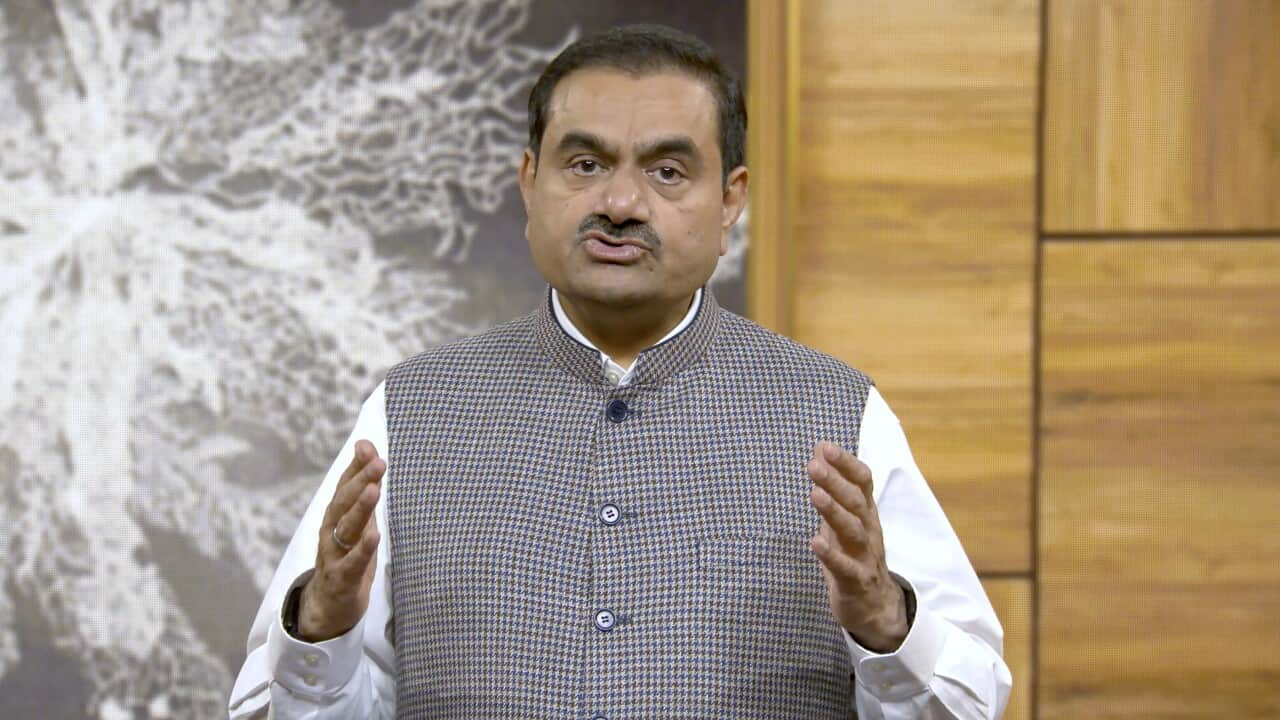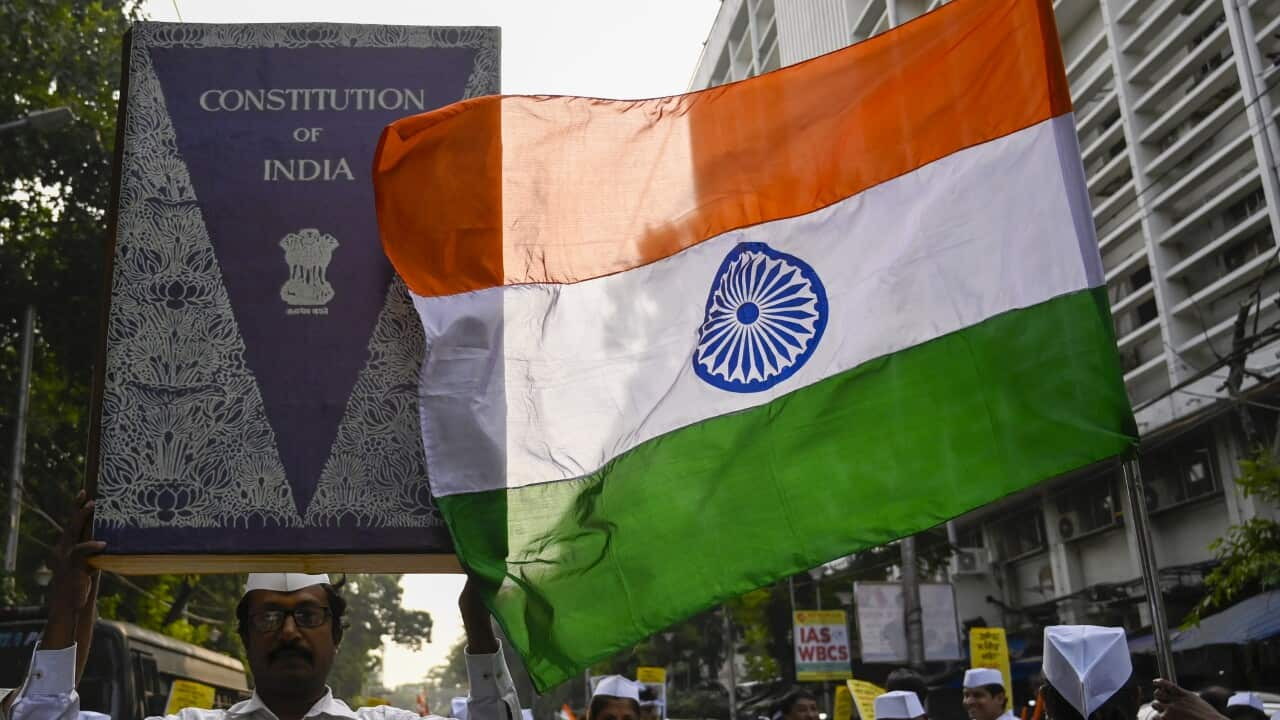Key Points
- The Indian Parallel Cinema Festival of Australia showcases Indian arthouse cinema.
- The inaugural festival in Sydney will present four films by Satyajit Ray, the only Indian to receive an Oscar lifetime achievement award.
- Festival founder says the medium of film has the power to showcase the 'reality of India'.
The trio—Dr Surjit Tarafdar, Dr Prasun Datta and Dr Rajiv Rattan—had no prior experience in organising a film screening, let alone a film festival.
Now they have put together a three-day event that will showcase some of the finest art movies in Indian cinema, with its first edition dedicated to the legendary Satyajit Ray's films.

L to R: Dr Rajiv Rattan and Dr Prasun Dutta. Credit: Supplied
"I wanted to bring these art films here to showcase the broader picture and the reality of India often depicted in them."
We want our kids to understand that Indian cinema is not singular but rather multifaceted.Dr Surjit Tarafdar
The Indian Parallel Cinema Festival of Australia (IPCFA) is the first film initiative undertaken by their non-profit support group known as 'Indian Doctors in Australia'.
While the IDIA's aim is to offer support and mentor newly arrived Indian doctors in Australia, the group also want to celebrate Indian art films which are lesser known to the wider community.
Satyajit Ray, the first Indian to win an Oscar in 1992
Satyajit Ray (1921-1992), a towering figure in world cinema, is celebrated for his humanistic approach to film making.

Indian film director Satyajit Ray (1921-1992). Picture from the Ronald Grant Archive. Credit: Rights Managed/MARY EVANS/AAP
Just a month before his death in 1992, Ray received a special Oscar award at the 64th Academy Awards.
He accepted this accolade from his hospital bed in Kolkata and remains the only Indian to have ever been honoured with such an award.
Ray's films includes classics such as 'Pather Panchali,' 'Charulata,' 'Mahanagar,' 'Sonar Kela,' and 'Shatranj Ke Khiladi'.

Dr Surjit Tarfdar (L) with Sandip Ray.
"Satyajit Ray is the first Indian filmmaker to be honoured with an Oscar. He still is the king of such classic art movies so we decided to start this project with his films," Dr Tarafdar said.
Sydney-based filmmaker Anupam Sharma said Ray's work still holds "global relevance" and he found it encouraging that a team of doctors decided to take on this initiative.
"His films are timeless because they are not just compelling stories but also a masterclass in every aspect of cinema. Australians have loved Ray long before they embraced popular Indian cinema from the north (Bollywood), the south, or any other language," Sharma noted.

Anupam Sharma is an Indian Australian film director and producer based in Sydney. Credit: Supplied
"We can better promote these films by supporting professional initiatives and having government backing for professional film events like the one we are discussing," Sharma said.
"There are so many small (and) big initiatives around Australia which are being funded with passion and individual credit cards by passionate film aficionados. They need government support," he added.
'A bigger picture of Indian cinema'
Dr Tarafdar mentioned that his team aim to feature cinematic masters like Shyam Benegal, Mrinal Sen, Ritwik Ghatak and Govind Nihlani in future events.
"Parallel or art cinema has been present in India for a long time, often addressing various sociopolitical issues like patriarchy. I believe Australia should also take a closer look at these films, as they represent a bigger picture of Indian cinema," he said.

Director Satyajit Ray on a film set in the 1950s. Credit: Rights Managed/MARY EVANS/AAP
"We have been working on this year's event for the past six months. Initially, when I approached Sandip Ray, the son of Satyajit Ray, he wasn't sure but eventually agreed to attend the inaugural festival," he explained.

Indian film actor Victor Banerjee (L) with Dr Surjit Tarafdar. Credit: Supplied







